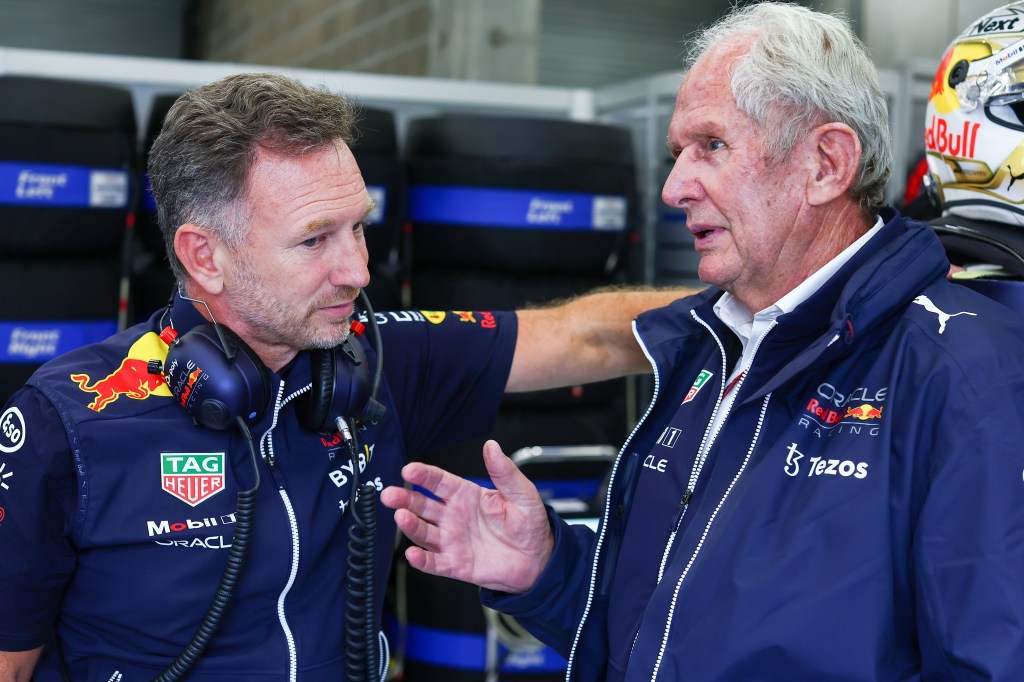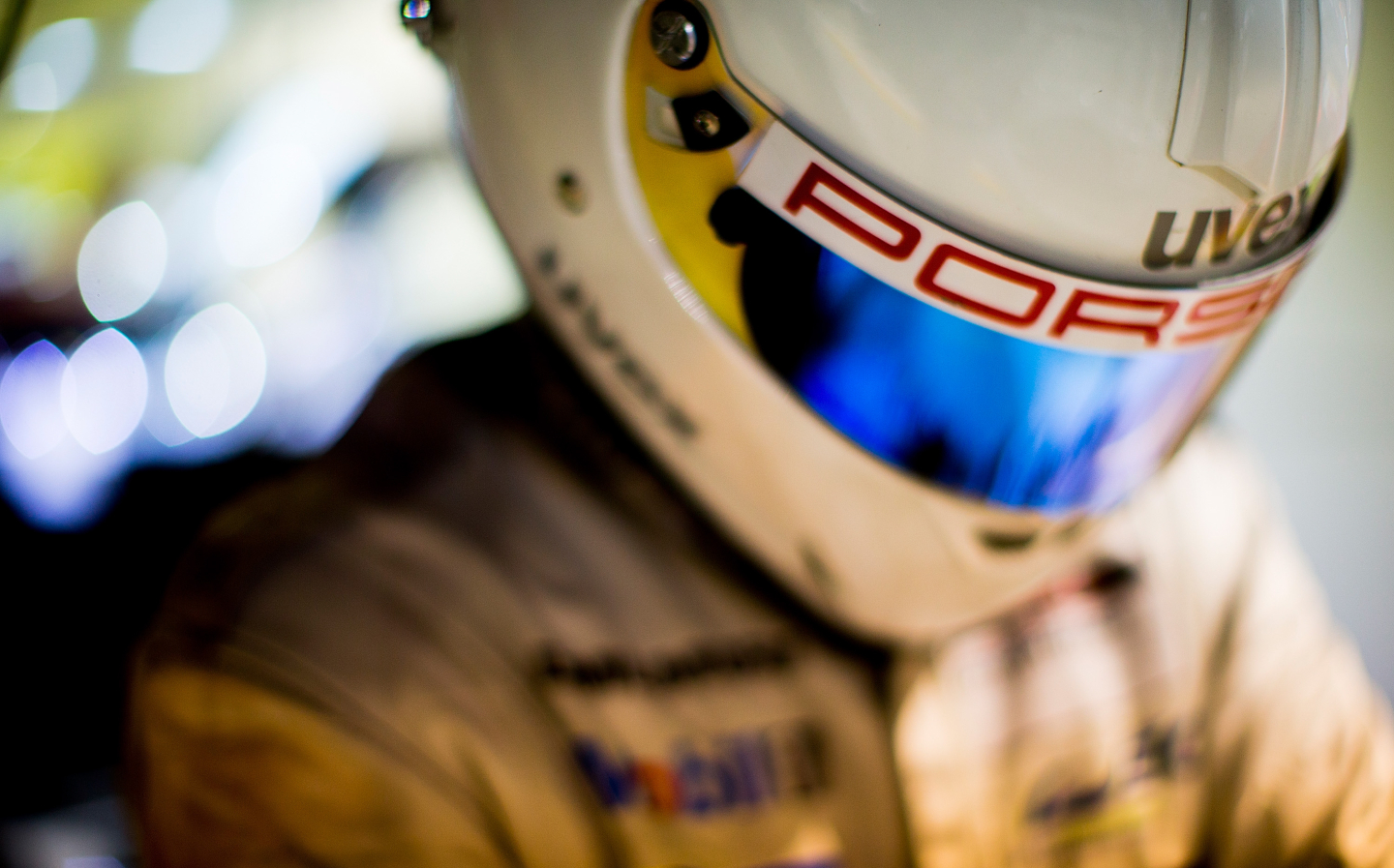Porsche F1 entry in doubt after talks with Red Bull break down
Officially a joint decision not to continue, though Red Bull arguably had more to lose
Porsche and the Red Bull Racing team have confirmed that they have ended talks on the possibility of a partnership that would have seen the German car maker take a 50% share in the team.
The Stuttgart-based manufacturer had been interested in re-entering the sport in 2026, when new engine regulations come into effect, and the talks with Red Bull had been on the basis that the two companies would have an equal stake in the resulting team.
However, this morning Porsche released a statement to say that they “have now jointly come to the conclusion that these talks will no longer be continued.”
It added: “The premise was always that a partnership would be based on an equal footing, which would include not only an engine partnership but also the team. This could not be achieved.”
The reasons for the decision were not made explicit by Porsche but Autosport reported that Red Bull’s motorsport adviser Helmut Marko and team boss Christian Horner (pictured below) had backed away from the deal because they had come to the conclusion that it was not in the best interests of the team.

The longer discussions continued, the publication claimed, the more sceptical Red Bull management had become regarding the structure of the arrangement. Particularly given that Red Bull Racing already has a star driver in championship leader Max Verstappen, one of the most well-run teams on the grid and one of the most revered designers in Adrian Newey.
Insiders believe Marko and Horner began to wonder whether running the entire team on equal terms with a global car maker would help or hinder the team’s performance.
With speculation growing about the future of the Porsche deal, after the Dutch Grand Prix last weekend Horner told reporters: “We are an independent team. That’s always the way that we’ve operated in terms of being flexible and the ability to move quickly and efficiently. And I think that’s part of the DNA of what Red Bull is.”
He added: “Our position is that obviously, the team is the biggest marketing asset globally for Red Bull. And why would we compromise that strategically for the long term?”
Its bespoke Red Bull powertrain is a development of a Honda unit, and it had become super-competitive by the time the Japanese car maker decided to leave the sport at the end of last season. That technology is expected to last up until the end of the 2025 season, so looking for an engine partner for 2026 might make sense.
However, even that has become less essential as the team has been investing heavily in powertrain staff and facilities.
“For 2026, we’re fully committed, we’ve recruited some of the best talent in Formula 1 within Red Bull Powertrains, we’ve created a factory within 55 weeks, with fully commissioned dynos [dynomometers, used for engine lab testing]. We’ve built our first prototype engine for 2026 and run that prior to the summer break.”
Autosport also claimed that behind the scenes at Porsche there is great disappointment in the decision to end talks, adding weight to the suggestion that the breakdown was not a mutual decision.
Porsche’s statement also suggests it may pursue other routes back into the sport.
“With the finalised rule changes, the racing series nevertheless remains an attractive environment for Porsche, which will continue to be monitored,” it said.




Porsche ran a works team in F1 from 1957 to 1962, and was an engine supplier in 1959, 1960 and then again (with disastrous results) for part of 1991. It also supplied water-cooled V6 turbo engines badged as “TAG” for the McLaren Team from 1983 to 1987, with the team winning the constructors’ world championship in 1984 and 1985.
Related articles
- If you were interested in Porsche calling off plans to enter F1 you may be interested in Audi confirming that it will enter the sport from 2026
- Watch Porsche a set new electric Nürburgring lap record – beating Tesla Model S Plaid
- Find F1 race reports and a calendar of races here
Latest articles
- Lewis Hamilton wants to design a modern day Ferrari F40 with manual gearbox
- Dacia Bigster 2025 review: The ‘anti-premium’ family SUV that punches above its weight
- Your car’s worn tyres could be being burnt illegally in India, investigation reveals
- Open-top 214mph Aston Martin Vanquish Volante is world’s fastest blow-dry
- F1 2025 calendar and race reports: The new Formula One season as it happens
- Alfa Romeo Junior Ibrida 2025 review: Hybrid power adds an extra string to crossover’s bow
- Top 10 longest-range electric cars: all with over 400 miles per charge (officially)
- Renault 5 Turbo 3E ‘mini supercar’ confirmed with rear in-wheel motors producing 533bhp … and insane levels of torque
- British firm Longbow reveals ‘featherweight’ electric sports cars with 275-mile range














